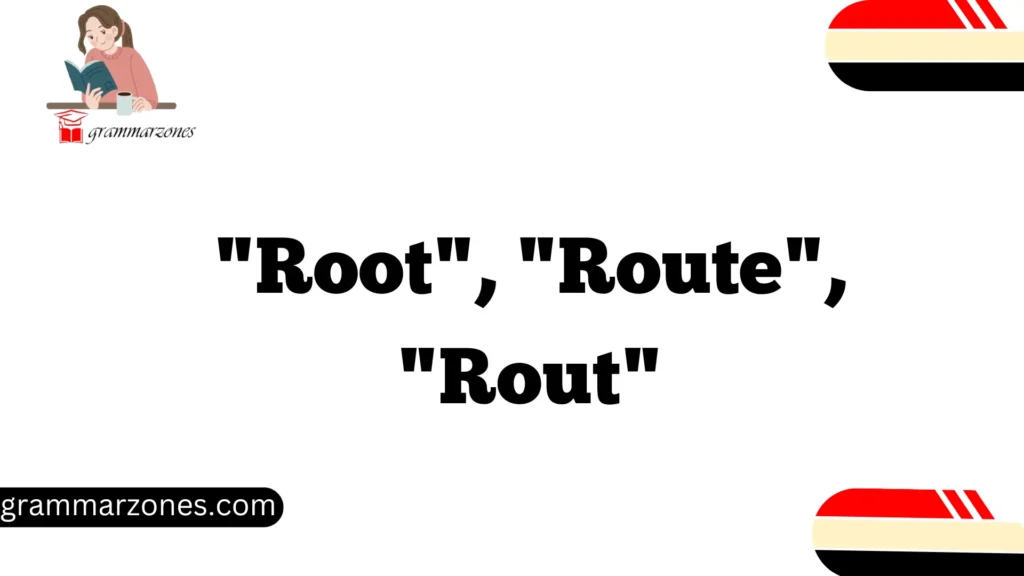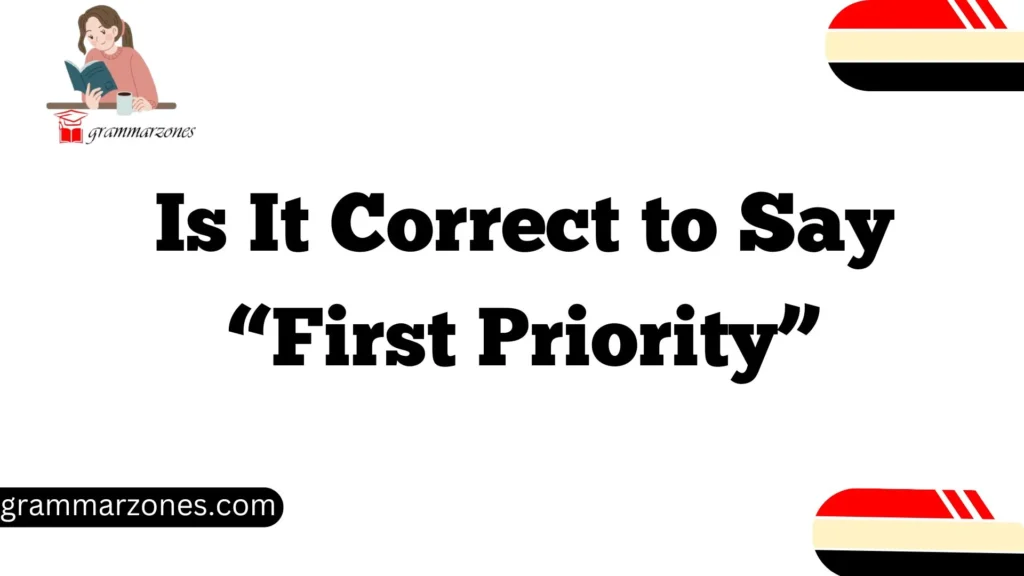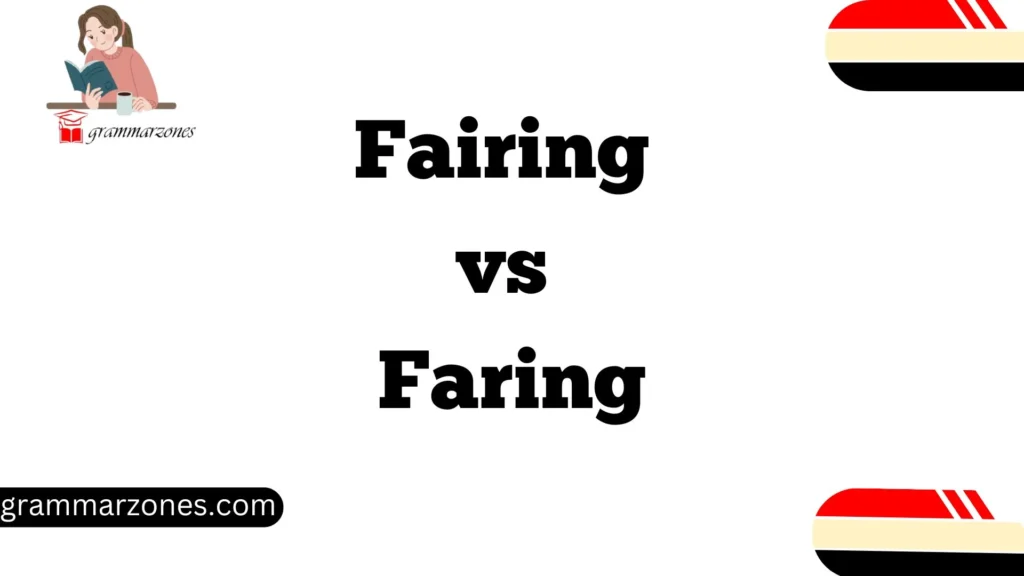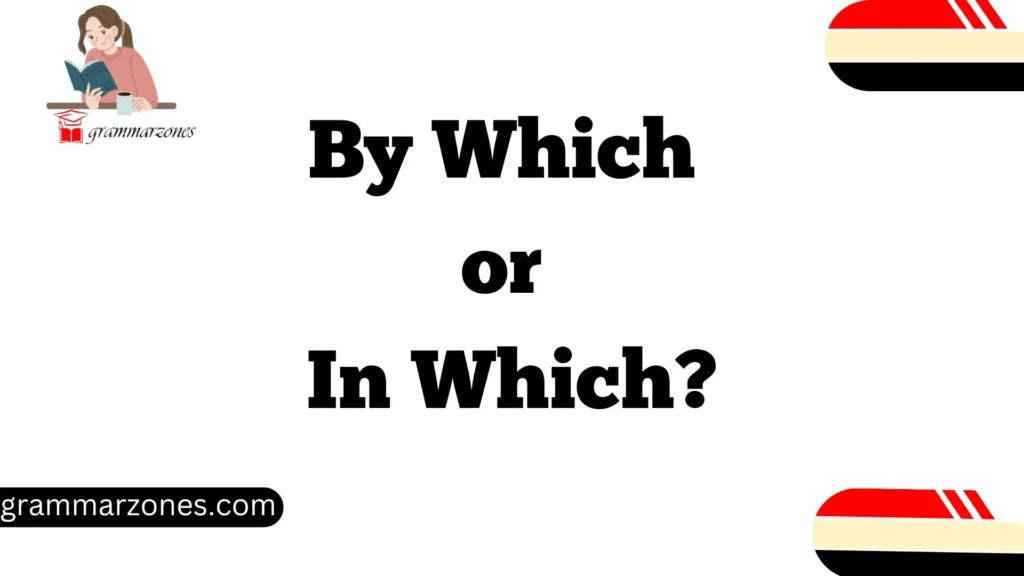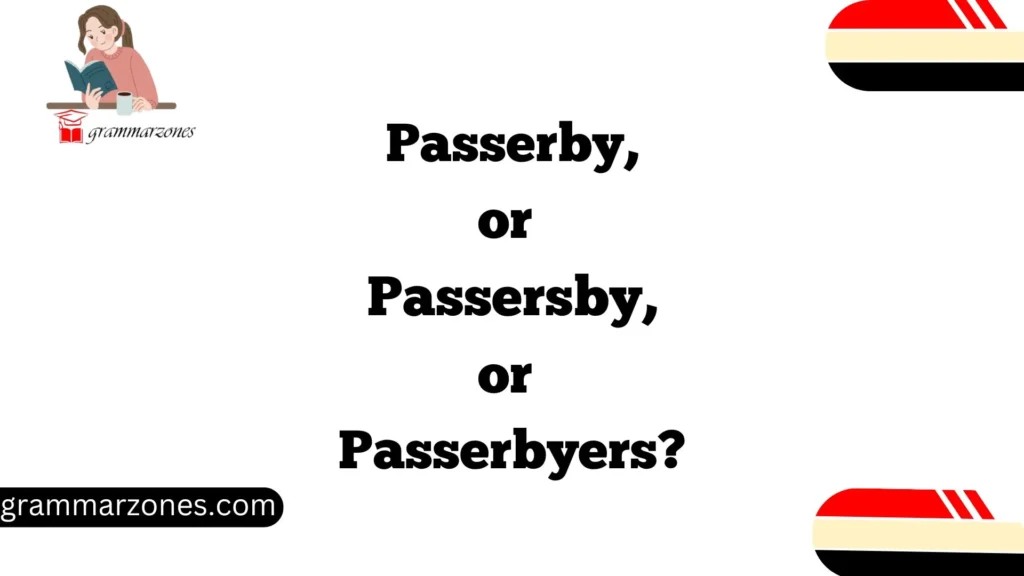Homophones can be tricky, especially when three words—root, route, and rout—sound similar but have completely different meanings. For many, they are a source of confusion. If you’re one of those who gets caught up in choosing the right word, you’re not alone. The good news is that understanding these words is simpler than it may seem. With some real-world examples, mnemonics, and a deep dive into their uses, you’ll be navigating the world of homophones with ease.
In this post, we’ll explore the differences between root, route, and rout, breaking down their meanings, usage, and providing practical tips to help you remember which one is which. Whether you’re writing an essay, a business email, or simply trying to sound more polished in your daily conversations, mastering these homophones will make a significant difference in your communication. Let’s dive in!
Exploring “Root”: A Versatile Word with Many Meanings
The word root is more than just a part of a plant—it has several meanings across different contexts. Let’s take a deeper look at how root is used in the world of nature, support, and even animal behavior.
The Plant Connection: What Is a Root?
In its most common use, root refers to the underground part of a plant that absorbs water and nutrients. Roots also anchor the plant in the soil, providing stability.
Real-World Example:
Think of a tree standing tall and strong, its roots securely buried in the ground. These roots allow the tree to grow to immense heights. Without them, the tree would topple over. It’s the same in language—the root is what holds everything together.
| Plant Root | Description |
| Anchor | Provides stability for the plant. |
| Absorption | Absorbs nutrients and water from the soil. |
| Growth | Plays a crucial role in a plant’s overall health. |
Roots as Foundations in Culture and Identity
The word root also extends to symbolize the origin or foundation of something. In this sense, it connects with the idea of heritage, history, and identity.
Real-World Example:
When people say, “I trace my roots back to Ireland,” they’re talking about their cultural or familial origin. Similarly, the roots of a business or idea are often the core principles or beliefs from which it grows.
| Roots in Culture | Meaning |
| Heritage | Refers to familial or cultural background. |
| Origins | Denotes where something began or its foundational ideas. |
Animal Kingdom – “Rooting” for Survival
In the animal world, rooting refers to the act of digging or searching for food. Animals like pigs are known for rooting around in the dirt to find sustenance.
Real-World Example:
When pigs root, they use their snouts to dig through the soil in search of food, much like how we dig through old records to root out important information.
Navigating “Route”: A Pathway or Journey
While root refers to the foundation or origin, route refers to a planned path or course taken to reach a destination. This word is widely used in both travel and metaphorical contexts.
Literal Paths: What Is a Route?
The most straightforward definition of route is a physical path, road, or course that leads from one place to another. Whether you’re using GPS to find your way or following signs on a highway, you’re taking a route.
Real-World Example:
When you’re driving from one city to another, the route you choose will dictate how long the journey takes. Some routes may be scenic, while others are the fastest but less interesting.
| Route in Travel | Description |
| Road | A physical path to travel on. |
| Directions | Can refer to the set path or course to follow. |
| Navigation | Finding the best route using tools like maps or GPS. |
Figurative Use of “Route”
In a more metaphorical sense, route can refer to a course of action or path taken in life, work, or other areas of growth.
Real-World Example:
If someone says, “She’s taking the corporate route,” they mean that the person is following a typical career path in the business world, usually one involving a series of promotions.
| Metaphorical Route | Meaning |
| Career Path | A route taken to progress in a profession. |
| Life Choices | The course of action one chooses to follow in life. |
“Rout”: The Concept of Defeat and Disarray
Now, we come to rout, which has an entirely different meaning. A rout is a decisive defeat or complete disarray. It often describes situations where people are overwhelmed or scattered, like in a battle or game.
Military and Competitive Contexts
In a military context, a rout refers to a situation where an army is so badly defeated that they retreat in panic and confusion.
Real-World Example:
In sports, when one team is completely defeated, it’s often called a rout. For example, if one football team wins by an overwhelming score, you might hear, “The final score was 42-10, it was a rout.”
| Rout in Competition | Meaning |
| Total Defeat | A situation where a team or individual is overwhelmed. |
| Panic | Describes the chaos or disorder that follows a rout. |
| Victory Margin | The winning side’s significant margin over the defeated. |
Chaos and Disarray
A rout also refers to a scene of disorder or confusion, typically following a chaotic event or situation.
Real-World Example:
Imagine a concert that gets out of hand. If the crowd suddenly disperses in confusion, you might describe it as a rout. This word can apply to social situations, protests, or even workplace events gone wrong.
| Rout in Disorder | Meaning |
| Chaos | A situation marked by confusion and lack of order. |
| Mass Panic | An overwhelming sense of disorder or fear. |
Practical Tips for Remembering the Differences
Here’s how you can remember which homophone to use in different contexts.
Mnemonics and Memory Tricks
- Route rhymes with route map, which can remind you that it’s all about a pathway or direction.
- Root is like the roots of a tree, firmly planted in the ground—think of the “foundation.”
- Rout sounds like “shout,” which you might do when you’re defeated in a game or battle. It represents defeat.
Contextual Clues
The context of the sentence can help you choose the right word:
- Route is always related to a journey, direction, or travel.
- Root is tied to growth, support, or origin.
- Rout deals with defeat, confusion, or overwhelming loss.
Common Mistakes to Avoid
Now that you understand the meanings of root, route, and rout, let’s explore some of the common mistakes people make when using these words.
Mixing Up “Root” and “Route”
It’s easy to confuse root and route, especially when you’re talking about origins or pathways.
Mistake Example:
- Incorrect: “She decided to take the root less traveled.”
- Corrected: “She decided to take the route less traveled.”
Using “Rout” Instead of “Route”
When referring to a pathway or direction, don’t mix up rout with route.
Mistake Example:
- Incorrect: “We followed the rout to the airport.”
- Corrected: “We followed the route to the airport.”
Conclusion: Mastering the Use of “Root,” “Route,” and “Rout”
Now that we’ve unpacked the meanings of root, route, and rout, you should be able to confidently use these homophones in your writing and conversations. Remember, root is all about foundations—whether it’s a plant, culture, or support system. Route is a path, a course, or a journey, while rout refers to defeat or disorder.
By practicing and keeping the differences in mind, you’ll ensure your communication is clear, precise, and polished.
Frequently Asked Questions (FAQs)
What does “Root” mean?
“Root” typically refers to the base or origin of something. In computing, it can mean the top-level directory or user with full permissions. In botany, it’s the part of a plant that grows underground.
What does “Route” mean?
“Route” refers to a path or course taken from one place to another. It can apply to transportation, data packets on a network, or delivery paths.
What does “Rout” mean?
“Rout” usually means a decisive defeat in a conflict or competition. It can also describe a disorderly retreat or overwhelming victory.
How is “Root” different from “Route”?
“Root” refers to an origin or source, while “Route” is about a path or direction. They are not interchangeable despite similar pronunciation.
Can “Rout” be used in everyday conversation?
Yes. For example:
- “The team suffered a rout in the finals.”
- “The army was routed after losing the battle.”
Is “Route” pronounced differently in different regions?
Yes. In American English, it’s often pronounced /ruːt/ (like “root”) or /raʊt/ (like “rout”). In British English, it’s usually /ruːt/.
Are “Root” and “Rout” ever interchangeable?
No. Although they can sound similar in some accents, their meanings are entirely different and should not be confused.

